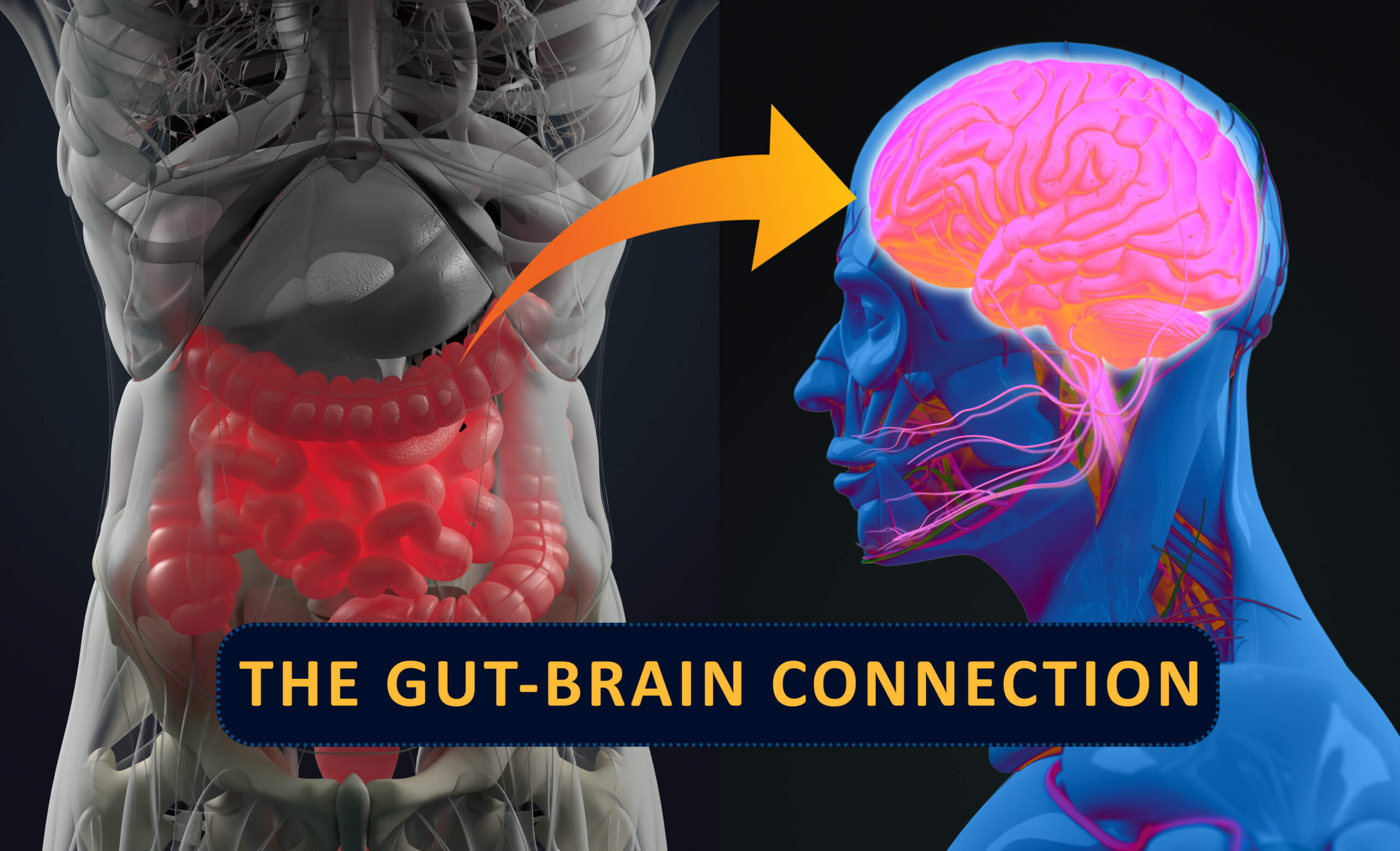A virus that lives in the gut microbiome is associated with better cognitive performance and memory in both animal and human studies. These fascinating findings show further evidence of the close relationship between the gut and the brain.
Bacteriophages are a type of virus that replicates within bacteria. In the current study, the researchers focused on two types of bacteriophages in the gut called Caudovirales and Microviridae.
“Individuals with more Caudovirales performed better at executive processes and verbal memory, while the presence of higher levels of Microviridae, on the other hand, was associated with a greater deterioration in the brain’s executive abilities,” says Dr. Fernández-Real, head of the Nutrition, Eumetabolism and Health group of the Girona Biomedical Research Institute, in a statement. Real is also Head of the Endocrinology Section at Hospital Dr. Josep Trueta in Girona and director of the Department of Medical Sciences at the University of Girona.
The study initially started with 114 people and later expanded to 942 participants as a part of another related project. Each participant filled out a food survey to study their diet.
People who consumed dairy products regularly were more likely to have Caudovirales in their gut microbiome. This aligns with previous research where people who ate more dairy products had greater cognitive functions.
A separate animal experiment inspected the inside of the microbiome. The researchers transplanted human feces into the intestines of rodents and studied how the introduction of this virus impacted their cognition.
Mice given a fecal transplant containing Caudovirales had a microbiome rich in Caudovirales. This group did better in spatial and emotional memory tests compared to other mice.
A second animal study in fruit flies confirmed the findings. When fruit flies were fed whey powder, they showed greater memory capacity than other fruit flies that consumed sterilized/virus-free whey powder. Repeated simulations of the study showed ingesting powder with Caudovirales activated genes involved in memory.
The study is available to read in the journal Cell Host & Microbe.
